If a motion to vacate the speaker of the House fails resoundingly, does it make a sound?
The answer is, of course, yes — with a Capitol Hill press corps that loves nothing more than pitting all-too-willing Republicans against one another. Next week, Congresswoman Marjorie Taylor Greene is poised to finally pull the trigger on her quixotic quest to oust Speaker Mike Johnson — but she’s likely to be left holding a bag of small-dollar donations and press clippings, which is what her detractors think she is actually motivated by.
On one side of the push to oust Johnson is a trio of Greene, Thomas Massie and Paul Gosar. On the other side is Donald Trump’s handpicked RNC chair, Michael Whatley, the Freedom Caucus, the Republican Main Street Caucus and basically every other caucus in the House GOP. Greene’s chaos is so unpopular that every Republican who voted to oust McCarthy is opposed to getting rid of his successor — even if some are frustrated with him.
With a House majority hanging on the edge of a knife, and with near-universal opposition amongst Republicans to Greene’s move, the only way she could actually succeed would be if she teamed up with every single Democrat — which also won’t happen.
What’s most notable about MTG’s MTV is how unsuccessful it’s likely to be. Even Johnson’s critics in the Freedom Caucus are staying on the sidelines. In fact, we’re told by someone who was in the room that the caucus’s chair addressed a closed-door room of Republicans this week where he stridently opposed Greene’s move. This comes as Greene is on a crusade to oust Bob Good in this summer’s primary and as the lawmaker has tried to curry favor with Johnson’s powerful political operation, run mainly out of the Congressional Leadership Fund.
While Johnson’s detractors like Massie argue that the newish speaker is still “in over his head,” the latest intra-GOP feud may backfire so spectacularly that it could trigger a full-blown revision of the procedures by which the speaker can be removed in the next Congress.
If that happens, we can finally ignore MTV pushes — until they’re actually likely to happen.
-Matthew Foldi
On our radar
INDICTED FOR BRIBERY Representative Henry Cuellar, a Democrat from Texas, is in custody for allegedly accepting close to $600,000 in bribes from an energy company out of Azerbaijan.
NOEM MORE TALL TALES South Dakota governor Kristi Noem’s memoir launch isn’t going well. In the midst of the disastrous reception of her recounting the time she shot her own dog, Noem is being accused of fabricating a story of meeting with North Korean dictator Kim Jong-un.
ALL IN THE TIMING The Hill reports Democrats are worried about conservative Supreme Court judges delaying two federal cases involving Donald Trump until after this fall’s election.
Border vibes shift
An April Gallup poll found that more Americans view immigration as the “most important” issue heading into the 2024 presidential election. This is the third month in a row immigration ends up first in the list of issues.
This is bad news for Joe Biden, and his campaign knows it. This is likely why the White House appears to be preparing for, if not a policy shift, at least a vibes one. The evidence: two border-related senior personnel moves.
The first was bringing in Marcela Escobari as a senior advisor. Escobari joins the National Security Council as a coordinator for the Los Angeles Declaration (a hemispheric pledge to jointly address immigration).
The second, Axios reports, will likely be Department of Homeland Security’s Blas Nuñez-Neto. He is expected to join deputy chief of staff Natalie Quillian’s team, which has increasingly dealt with immigration since Susan Rice’s departure from the Domestic Policy Council.
For months now, there’s been speculation about Biden’s border nuclear option: executive orders. By taking a page from Trump’s book, the president may improve his numbers, replicating his opponent’s moderation on issues like abortion.
Strategically speaking, bringing in new folks and discussing policy changes serves the president’s campaign well — avoiding responsibility is not a good look. If actual policy changes are presented, however, the questions we should all be asking ourselves are: will it be too late or will the timing be perfect?
–Juan P. Villasmil
Freeing weed
The Biden administration’s Justice Department is working to decrease marijuana regulation by reclassifying the drug from its Schedule I group to the Schedule III group. The proposal “would recognize the medical uses of cannabis, but wouldn’t legalize it for recreational use,” reports the Associated Press.
This move “certainly seems to fall short of the promises the president made when he was campaigning,” Geoffrey Lawrence, research director at Reason Foundation, told The Spectator. Back then, President Biden said “no one should be jailed for using or possessing marijuana.” Under this proposed rule, “virtually all state marijuana activity would remain illegal,” as Schedule III is reserved for prescription pharmaceuticals that are FDA-approved, and there is no recreational activity that is legal with Schedule III drugs.
Is Biden simply placating pro-weed types by throwing them a bone that doesn’t have much meat on it? Lawrence says this proposal at least signifies “a break in the dam.” Marijuana has endured fifty-five years of strict prohibition federally, and this new classification, he posits, could “inspire more change down the road” as people will very quickly find out there are some advantages to Schedule III as far as taxes and financial services are concerned.
Those in favor of cannabis prohibition argue marijuana use leads to increased rates of psychosis and other mental health problems, though Lawrence counters that the data is debatable. People who are predisposed to certain forms of psychosis may be disproportionally using marijuana to self-medicate, for instance.
“Just because something is illegal doesn’t mean it disappears,” Lawrence says. Cannabis has been illegal for fifty-five years, he notes, yet it is likely experiencing the largest market it’s ever had today. “It makes more sense to recognize something exists and regulate it appropriately than pretend it’s not out there,” he says.
Those looking for a quick high will have to wait. According to the AP, “The proposal must be reviewed by the White House Office of Management and Budget, and then undergo a public-comment period and review from an administrative judge, a potentially lengthy process.”
Whether a future President Trump would un-do Biden’s declassification is a matter of speculation, Lawrence says. Trump himself is a known teetotaler, but he’s sent mixed signals about weed in the past. Though, as more states strike down bans on import-export laws regarding weed, federal legalization may become unavoidable.
-Teresa Mull



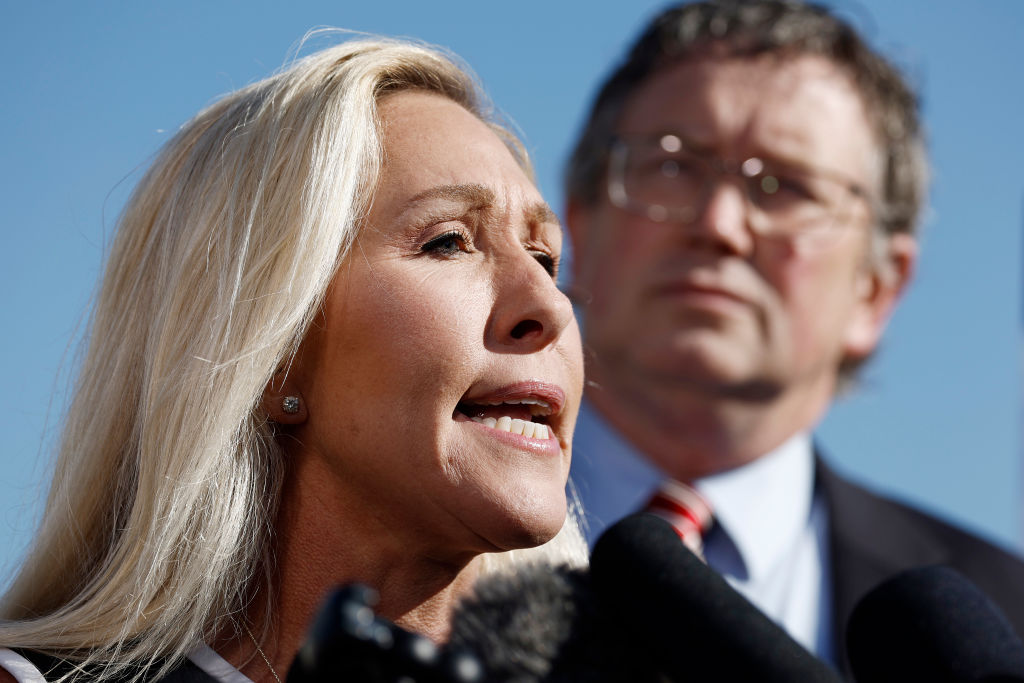








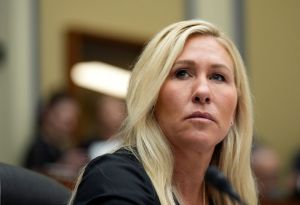
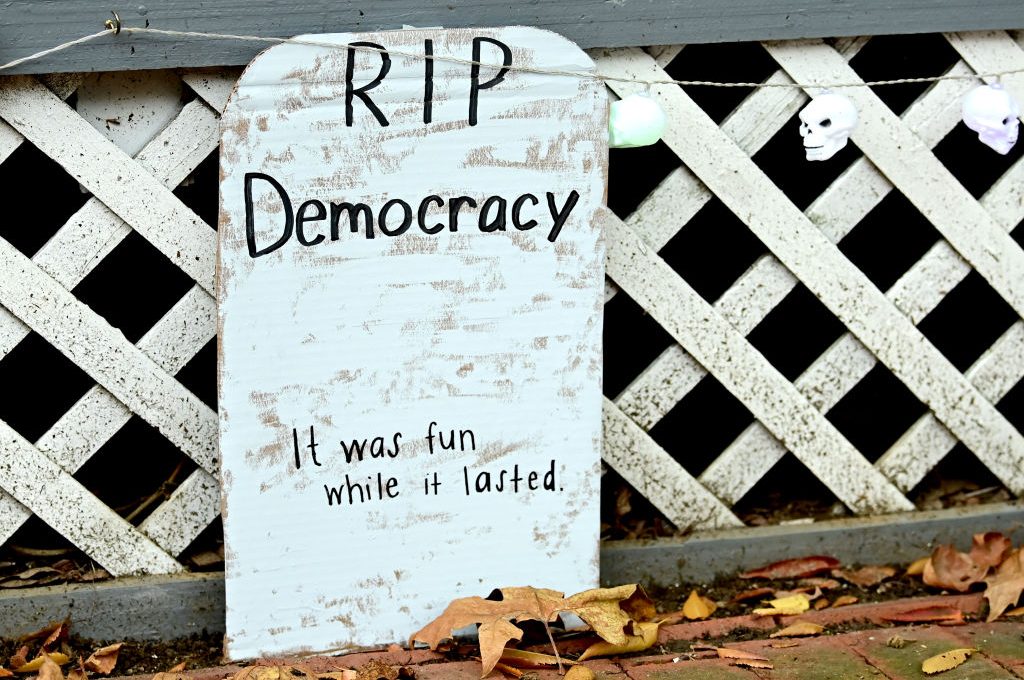
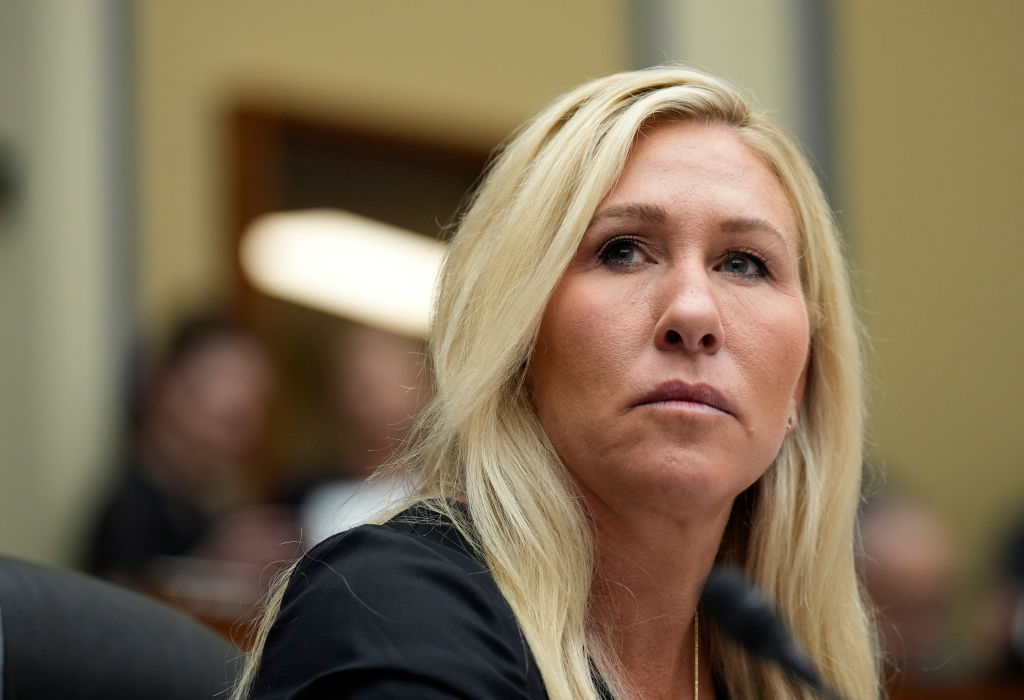

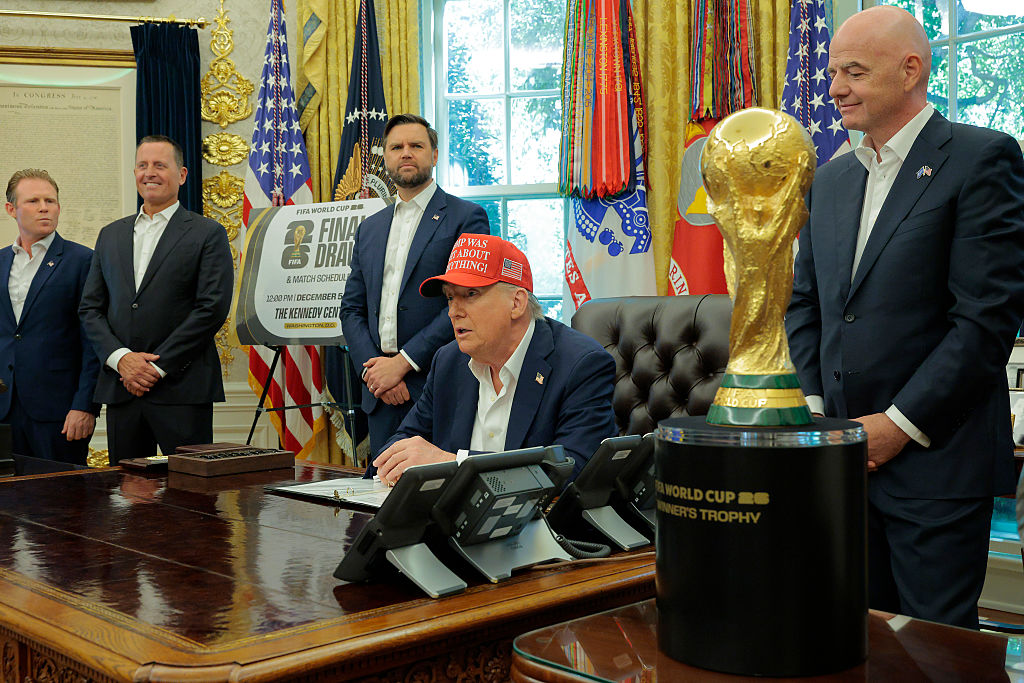
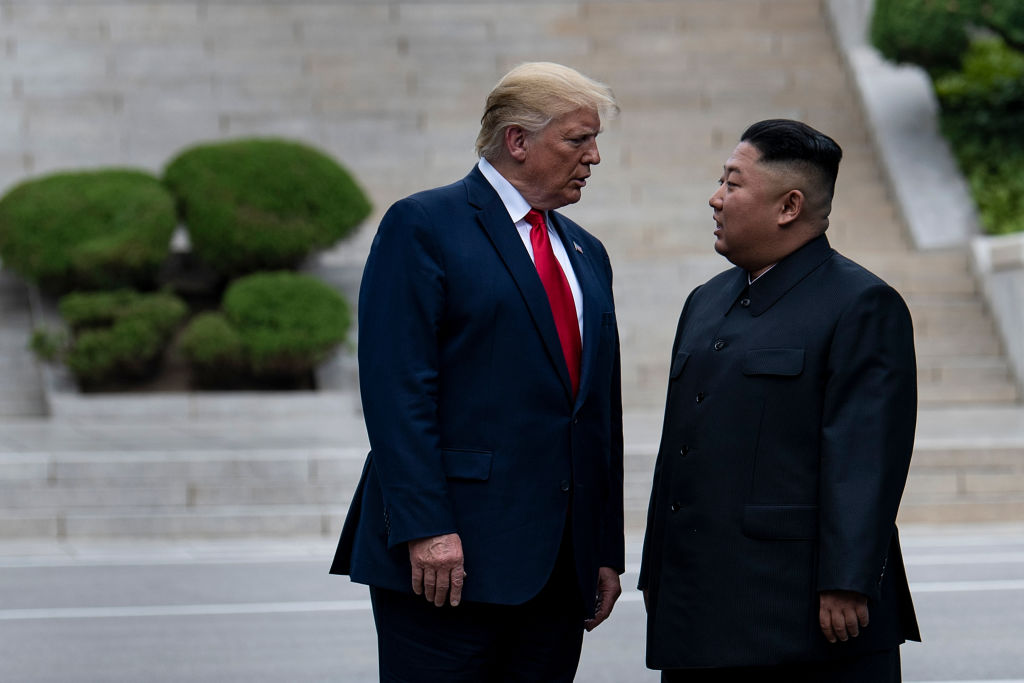








Leave a Reply